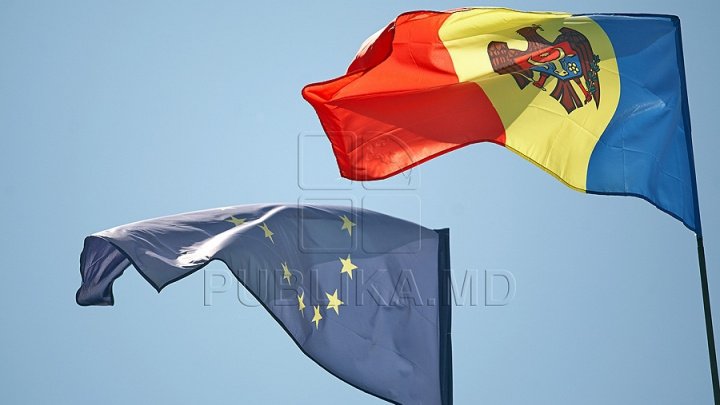Moldova to receive second tranche of EU macro-financial aid
 foto: publika.md
foto: publika.md
The Republic of Moldova will receive the second and last tranche of macro-financial assistance from the European Union, amounting to 30 million euros. A decision in this regard was taken today by the European Commission, which mentioned that 10 million will come in the form of a grant, and 20 million, long-term loans.
The Ministry of Foreign Affairs welcomed the approval of the financial assistance, noting at the same time that the announcement made by the European Commission denotes the support provided by the EU in the process of implementing the Association Agreement and on the dimension of European integration. The money was provided to deal with the budget deficit in the context of the COVID-19 pandemic. The 100 million euro macro-financial aid was negotiated back in 2017.
Then, Brussels imposed a series of conditionalities that Chisinau was to fulfill. The first tranche, also worth € 30 million, was approved only in October 2019. In February, the EU completed the list of conditionalities with eight more provisions.
In a statement, the European Commission noted that the Chisinau authorities had managed to meet all the necessary conditions to receive the money. The third tranche, worth 40 million euros, will no longer be available, because the program expires in July 2020. Chisinau Foreign Minister Oleg Tulea explains this by the fact that the government simply did not have time.
Fulfilling the conditions was hampered by the COVID-19 pandemic and the addition of eight more provisions in February.
OLEG ȚULEA, Minister of Foreign Affairs: “The fact that the third tranche can no longer be accessed has a very technical explanation. According to the internal rules, a period of about three months is required between installments. As you mentioned, the program expires in July, so this time is gone. ”
However, Minister Țulea stated that a large part of the necessary conditions to access the third tranche have already been implemented and the Chisinau authorities will continue to meet the requirements included in the Association Agreement with the European Union.